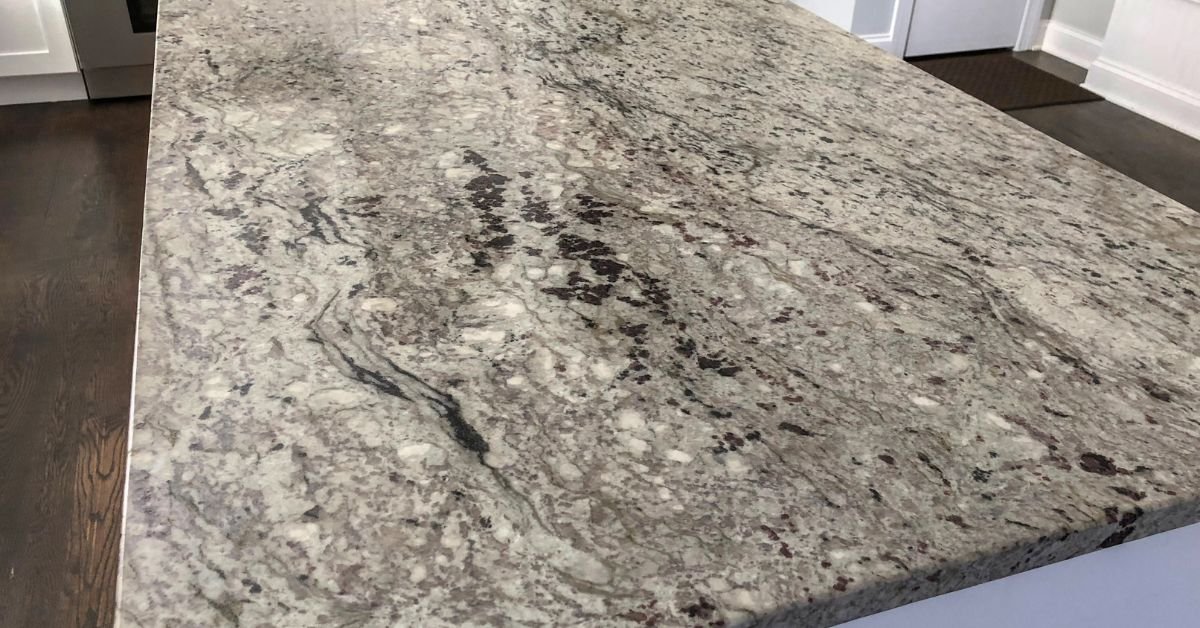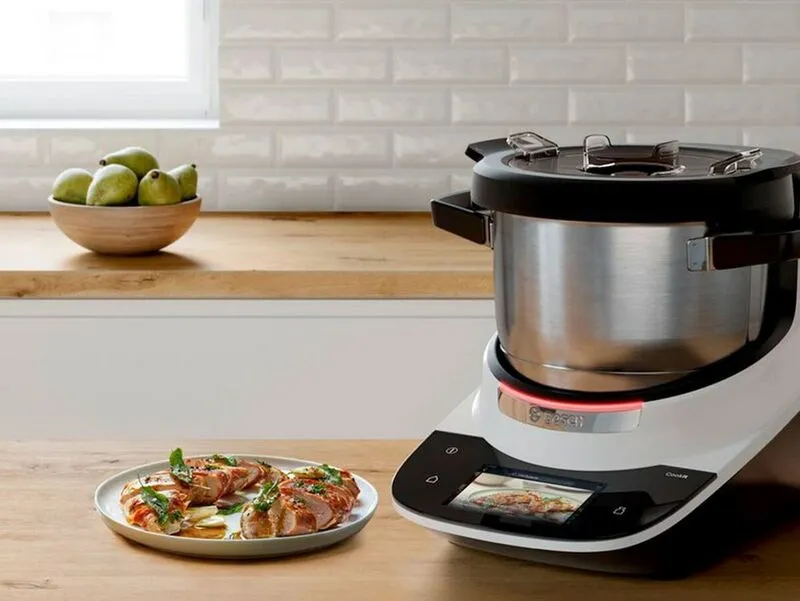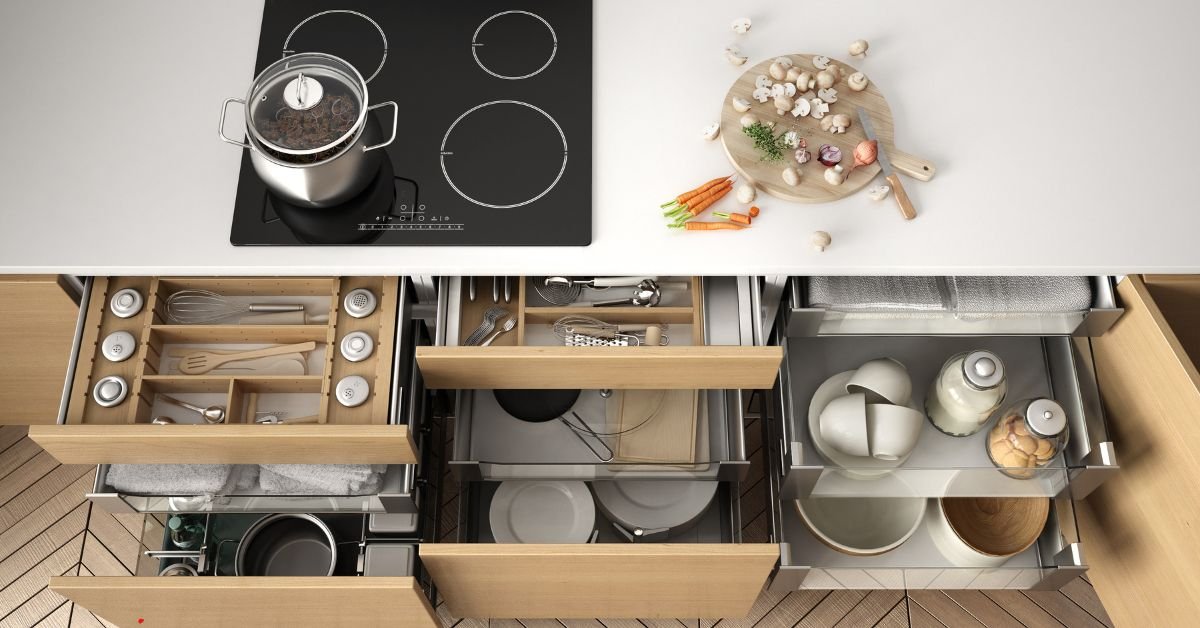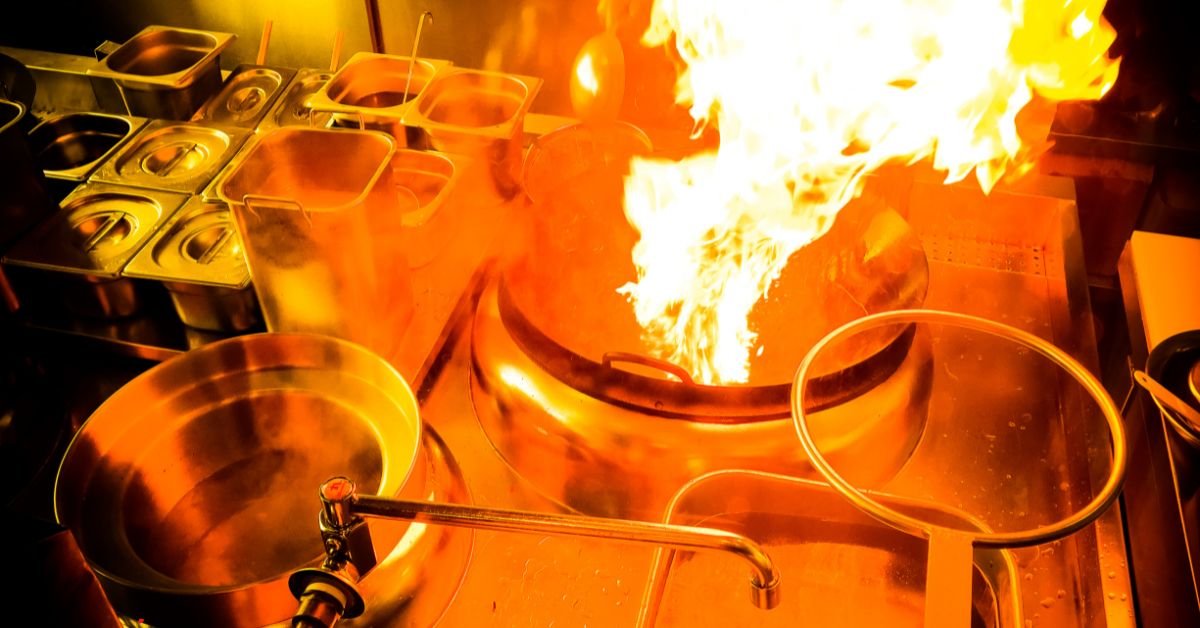How To Clean Granite Kitchen Sink

Being a kitchen Coinessure, I get questions like “How to clean a granite kitchen sink, a lot. But I wouldn’t blame those individuals since It’s a question many homeowners ponder, seeking to maintain the sink’s elegance and prevent nasty stains and scratches.
Speaking of not pointing fingers, i myself take pride in keeping the centrepiece of my kitchen squeaky clean, however, I have to admit granite isn’t like your typical stainless steel, it needs special attention to prevent damage and keep its shine.
This guide covers my personal practical ways on how i easily overcome these problems ensuring a clean and care for any granite sink, tackling everything from daily wipe-downs to getting rid of tough stains.
How Challenging Is Cleaning A Granite Kitchen Sink?
Feel like you won’t be needing the guide, or is it just a mumbo jumbo that might be irrelevant to your needs or may overcomplicate things?
The problem is that many people assume granite is simply wipe-and-go, leading to neglect and long-term damage that is much more challenging to fix.
Understanding what your granite sink needs and avoiding damaging it should save you significant headaches down the line. But First, you need to understand its properties,
General Properties Of Granite Sink
Granite sinks have that natural stone vibe that screams luxury. They’re super tough, and with proper care, they’ll outlast almost any other sink material. Because granite is natural, every sink has a unique pattern, adding character to your kitchen.
But this natural composition also means it’s susceptible to discolouration, soap scum, and those annoying hard water stains. Specialised care keeps your granite sink looking its best for years to come.
Things You Will Be Needing
Don’t skimp on this list because you are going to regret it later, it’s not a big list so make sure you get everything before.
Before you start, here’s what you’ll need: some mild dish soap (nothing too harsh), baking soda, white vinegar (optional, for tough stains), a soft sponge or microfiber cloth (avoid anything scratchy!), a toothbrush (perfect for scrubbing those corners), and finally, mineral oil or a special granite-safe polish for sealing.
Caution: No harsh scrubbers allowed, they can ruin that beautiful granite finish.
First Thing First – Rinsing Time
First, rinse out any food bits and gunk. Next, squirt in some mild dish soap and gently scrub with your soft sponge.
Rinse thoroughly to remove all the soap, and finish by drying with a microfiber cloth, this prevents water spots. This simple daily routine prevents grime build-up and keeps stains from setting in.
Beating On Stubborn Stains
So, you’ve been keeping up with your sink routine, right? Good job. But sometimes, even if you’re super diligent, those stubborn stains just, appear.
Like magic, but not the fun kind, for those really tough spots that just refuse to go away with a simple wipe-down, baking soda is where it’s at. Mix it with a bit of water but not too much, just enough to make a thick paste.
The key is to have a toothpaste-like consistency. Now, grab a soft cloth, or a sponge, whatever floats your boat, and gently rub that paste onto the stain.
And a very important point I would also like to add to this is that stay away from the harsh stuff. Bleach, those heavy-duty cleaners, in some cases, might seem like the answer, but they can actually mess up your granite’s finish.
Like, really mess it up. Dull spots, a weakened surface which is most probably not a good look. Although, Hydrogen peroxide is okay for a deeper clean, like if you have a seriously stubborn stain, even then, use it a little bit at a time.
Just make sure you don’t super crazy about it, I cannot emphasise this point enough, that’s why I will be having another section talking about what not to use when cleaning a kitchen granite sink.
Additional Pampering For Your Sink
Alright, you are doing the everyday wipe-downs, and you’re battling those tough spots as they appear, that’s fantastic. But, once a month, your granite sink deserves some extra love. Consider it going an extra mile where you get to really pamper it. This is the time for the deep clean.
First up, bring back that baking soda and vinegar combo. Sprinkle baking soda all over the sink bottom and sides, like you’re coating it in powdered sugar.
Then, gently spray with some vinegar mixed with water and just to repeat, don’t overdo it with the vinegar, just a tiny bit will get the job done.
You’ll see it fizz up, that’s normal, it’s actually a good thing and it indicates that things are working on any stuck-on grime. Let that sit for some minutes, then rinse it all away thoroughly with water.
Once you are done with the nastiest part, it’s time to make things shine even more. Grab a cleaner that is specifically for granite and apply it just as the bottle directs you, which is usually spray and wipe. This will help make the sink sparkle as it should, looking all fresh and new.
Now the last trick is where everyone gets it either wrong or doesn’t even implement it at all when it comes to long-term maintainers.
The key is to apply a thin coat of mineral oil which is what seals in all that good cleaning you’ve done. It creates a shield on the granite, helping to keep future stains away and maintain that beautiful shine you’ve worked so hard to get.
Just use a small amount, and rub it in with a soft cloth as a monthly deep clean helps the sink stay beautiful and stops tough stains before they even start.
What You Shouldn’t DO
- Whatever you do, never in a million years use steel wool or abrasive scrubbers on your granite sink because it basically kills the outer texture resulting in scratches.
- Another thing you need to keep in mind is to steer clear of acidic or ammonia-based cleaners for regular cleaning; they can dull the finish over time.
- And try not to leave food or liquids sitting in the sink for too long, a quick rinse after use makes a big difference, this is pretty much common sense but as a reminder, i have added it just in case you forget about it.
How Does Hot Water Help Remove Stains?
This question is asked by naive peers, how simple works wonders and is way better than detergents, chemicals and other cleaning sprays which are made for the exact same purposes?
They even ask me how the increased temperature of water works better as compared to cold ones, well it’s basic chemistry.
Heat increases the solubility of many substances, meaning stains dissolve more readily in hot water. The higher temperature also aids in the breakdown of organic matter, which comprises many types of stains.
For many organic substances like fats or proteins, the increase in heat assists their dissolution, making the process of cleaning much more efficient.
Since it only affects the solubility of substances when cleaning, it is by far one of the safest ways you could clean a granite kitchen sink since it’s less likely to cause etching or other forms of damage which could come from acidic or abrasive cleaners which may not be compatible with some granite kitchen sinks.
The best part is, that using only hot water helps maintain its beauty, longevity and gloss whilst preventing possible damage, so at the end of the day, it’s basically a win-win situation if you play your cards right.
Bottom Line
As mentioned above, knowing how to clean a granite kitchen sink is never a walk in the park you would be surprised to know that seemingly minor stains left unaddressed can become ingrained over time, transforming into persistent blemishes that require significantly more effort and sometimes specialized cleaning products to remove completely.
That being said, maintaining consistent diligence through a simple routine reduces the chances of complex scenarios arising, which often is very time-consuming and potentially costly.
Nevertheless, proactive, consistent cleaning using safe and effective methods, is far more efficient and less stressful than dealing with the build-up of stains that could easily compromise the appearance and even the integrity of the sink over time.
Because at the end of the day, the value of proactive, timely maintenance far outweighs the seemingly negligible effort to do it correctly.






